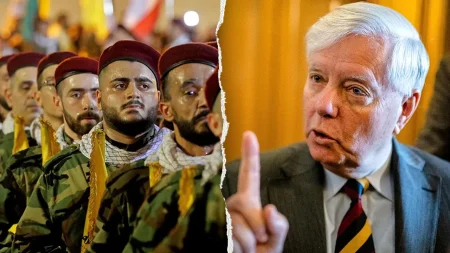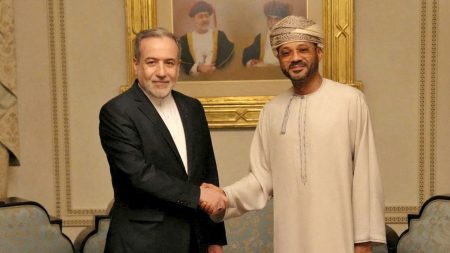Global Leaders Mourn Tragic Loss of Charlie Kirk
In a heartbreaking turn of events that has sent shockwaves through the political landscape, conservative media personality and Turning Point USA co-founder Charlie Kirk was killed during a speaking event at Utah Valley University. At just 31 years old, the husband and father of two was shot in the neck and later succumbed to his injuries, as confirmed by former President Donald Trump. The tragic assassination has prompted an outpouring of grief and condemnation from world leaders across the political spectrum, all united in their denunciation of political violence and their recognition of Kirk’s significant impact on conservative thought and activism in America.
Israeli Prime Minister Benjamin Netanyahu was among the first international leaders to express his profound sorrow, describing Kirk as “lion-hearted” and lamenting that he was “murdered for speaking truth and defending freedom.” The personal nature of Netanyahu’s tribute revealed that he had spoken with Kirk merely two weeks prior, extending an invitation for him to visit Israel—a visit that will now never take place. In his heartfelt message, Netanyahu highlighted Kirk’s unwavering support for Israel and his dedication to what the Prime Minister called “Judeo-Christian civilization,” concluding that “we lost an incredible human being” whose “boundless pride in America and his valiant belief in free speech will leave a lasting impact.” This tribute underscores the close relationship Kirk had fostered with Israeli leadership and his role as an advocate for strong U.S.-Israel relations within conservative circles.
From Europe, both Italian Prime Minister Giorgia Meloni and UK Prime Minister Keir Starmer offered their condolences, with their messages transcending ideological boundaries to emphasize the fundamental threat that political violence poses to democratic values. Meloni described Kirk’s killing as “an atrocious murder, a deep wound for democracy and for those who believe in freedom,” while Starmer, despite representing a different political tradition, emphasized that “we must all be free to debate openly and freely without fear—there can be no justification for political violence.” The British response was particularly widespread, with figures like Reform UK leader Nigel Farage sharing personal memories and calling it “a very dark day for American democracy.” These European reactions highlight how Kirk’s influence and the shock of his assassination resonated far beyond American borders, touching on universal concerns about the protection of open debate and peaceful political discourse.
Argentine President Javier Milei’s tribute stood out for its personal nature and ideological solidarity, as he shared a photograph of himself with Kirk and former Florida Representative Matt Gaetz. Describing Kirk as “a formidable disseminator of the ideas of freedom and staunch defender of the West,” Milei’s message reflected the connections Kirk had built with like-minded leaders in Latin America who share his conservative worldview. Though Milei attributed the killing to “the left” without waiting for law enforcement confirmation, his emotional response—declaring that “the entire world lost an incredible human being”—speaks to Kirk’s role as a figure who had developed an international network of allies committed to similar political principles, particularly among emerging right-wing movements globally.
From the Pacific region, New Zealand’s Minister of Foreign Affairs Winston Peters offered one of the most pointed analyses of the broader implications of Kirk’s assassination. Peters characterized the killing not merely as an act of political violence but specifically as “an assassination,” lamenting that “we now live in a world that differences of opinion are met with a gun.” His tribute highlighted an aspect of Kirk’s work that even those who disagreed with his politics might acknowledge—that Kirk “traveled extensively around university campuses to give an open mic and debate to everyone—and all were welcome.” Peters concluded with the sobering assessment that “the essence of democracy is under threat around the world and we must do everything we can to protect it,” framing the tragedy as part of a concerning global pattern rather than an isolated incident.
The international reaction to Charlie Kirk’s tragic death reveals how a figure primarily known for his domestic political activism in the United States had cultivated relationships and influence that extended well beyond American borders. From Israel to Argentina, Italy to New Zealand, leaders across different continents and political traditions found common ground in condemning the violence that took his life and acknowledging his contribution to political discourse, however controversial some of his positions may have been. Beyond the immediate shock and grief, these world leaders’ responses collectively highlight growing concern about the erosion of peaceful democratic debate and the rise of political violence as a global phenomenon. As investigations continue into the circumstances of Kirk’s killing, his death at such a young age—leaving behind a wife and two children—stands as a stark reminder of the human cost when political differences escalate beyond the bounds of civil discourse into deadly violence.













